In late June, San Francisco's city council unanimously passed an ordinance banning the sale of any product made from petroleum-based polystyrene, more commonly known by the brand name Styrofoam. And, although polystyrene products are recyclable, according to San Francisco's waste management company, Recology, Styrofoam is "rarely recycled since not many residents bring it in to be recycled and when they do, it's not in good enough condition to be repurposed."
This latest ban will take place as of January 1, 2017, one more step in helping San Francisco achieve it's goal of "zero waste" by the year 2020. In 2007, the city prohibited the use of polystyrene in all to-go food containers but this new ruling forbids selling polystyrene packing materials, meat and fish packaging trays, foam ice chests and even foam marine equipment such as buoys and dock floats. The bottom line is: if its made of polystyrene, it will be illegal to sell.
Since the 1970's, environmental groups have been fighting to eliminate or at least drastically reduce our nation's use of polystyrene. Though the compound never fully decomposes in landfills, it does breakdown in our oceans and waterways, where it negatively affects wildlife. Recent studies have also shown that the resins used in polystyrene may result in health issues among humans.
“Polystyrene waste contributes to the horrifying notion that by 2050, we may have more plastic in the ocean than fish.”
The American Chemistry Council, a chemical makers trade group, expressed opposition to the ban, claiming that Styrofoam's lightweight has a smaller carbon footprint during transportation. But Clean Water Action California project manager Samantha Sommer says, "Compostables come from resources; it takes resources to produce, it produces energy and water emissions throughout its life cycles and then becomes difficult to manage."
San Francisco's polystyrene ban is one step toward the city's 2020 "zero waste" goal as well as cleaning our oceans and making our environment a safer place for all species.
Article excerpt from motherjones.com




